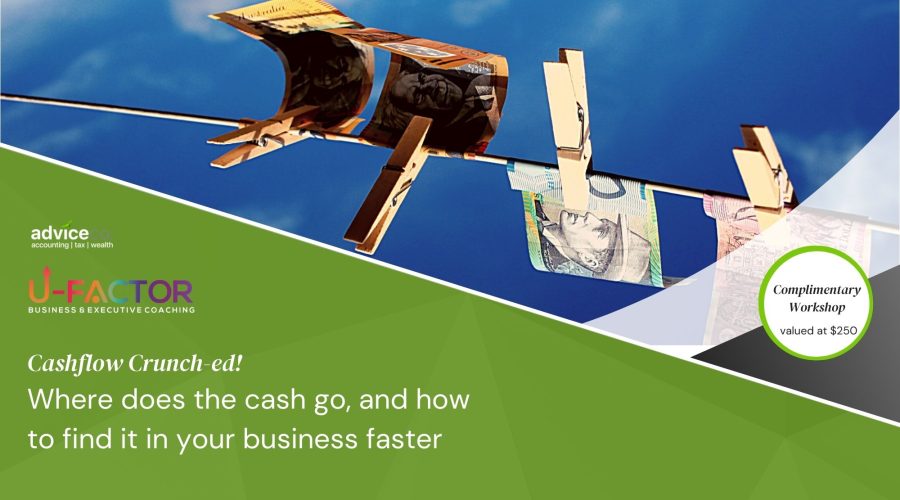Deceased estates: A brief guide to tying up the loose ends Posted on October 9, 2018

One of the necessary steps in the process, and generally the first action to take, is to obtain probate. Basically, this is a court-issued document that confirms that the person whose affairs are being looked at is in fact deceased – and therefore cannot hold bank accounts, shares, property and so on – and that the person appointed executor in their will is legally entitled to wind up said affairs.
One of the central matters to take care of is the final tax return. The ATO refers to this return as a “date of death tax return”, which is lodged on behalf of the deceased. The ATO insists that these must be lodged on a paper return, but otherwise all the other assessment conditions apply – that is, the same tax rates, income thresholds, withholding conditions, lodging requirements and so on.
The date of death tax return will be the last document to require the deceased’s particular individual tax file number. Upon completion, this TFN will not be used again.
There are a few other differences to remember when completing this return. The executor will need to print the words “Deceased estate” on the top of the first page of the return, sign the tax return on behalf of the deceased, and show the name of the taxpayer as “The legal representative of <their name>, deceased”. Also, at the question “Will you need to lodge an Australian tax return in the future?”, answer with an “X” or the word “No”.
Assessable income earned or derived, and deductible expenses incurred, up to the date of death should be included in the return. But income earned and deductible expenses incurred after the date of death (for example from investments and such) will need to be dealt with in the deceased estate’s trust return – not in this final individual tax return. The treatment of capital gains or losses would be dealt with in a similar way. Generally it will be advisable to seek guidance if required to complete a deceased estate trust return, which we can help you with.





